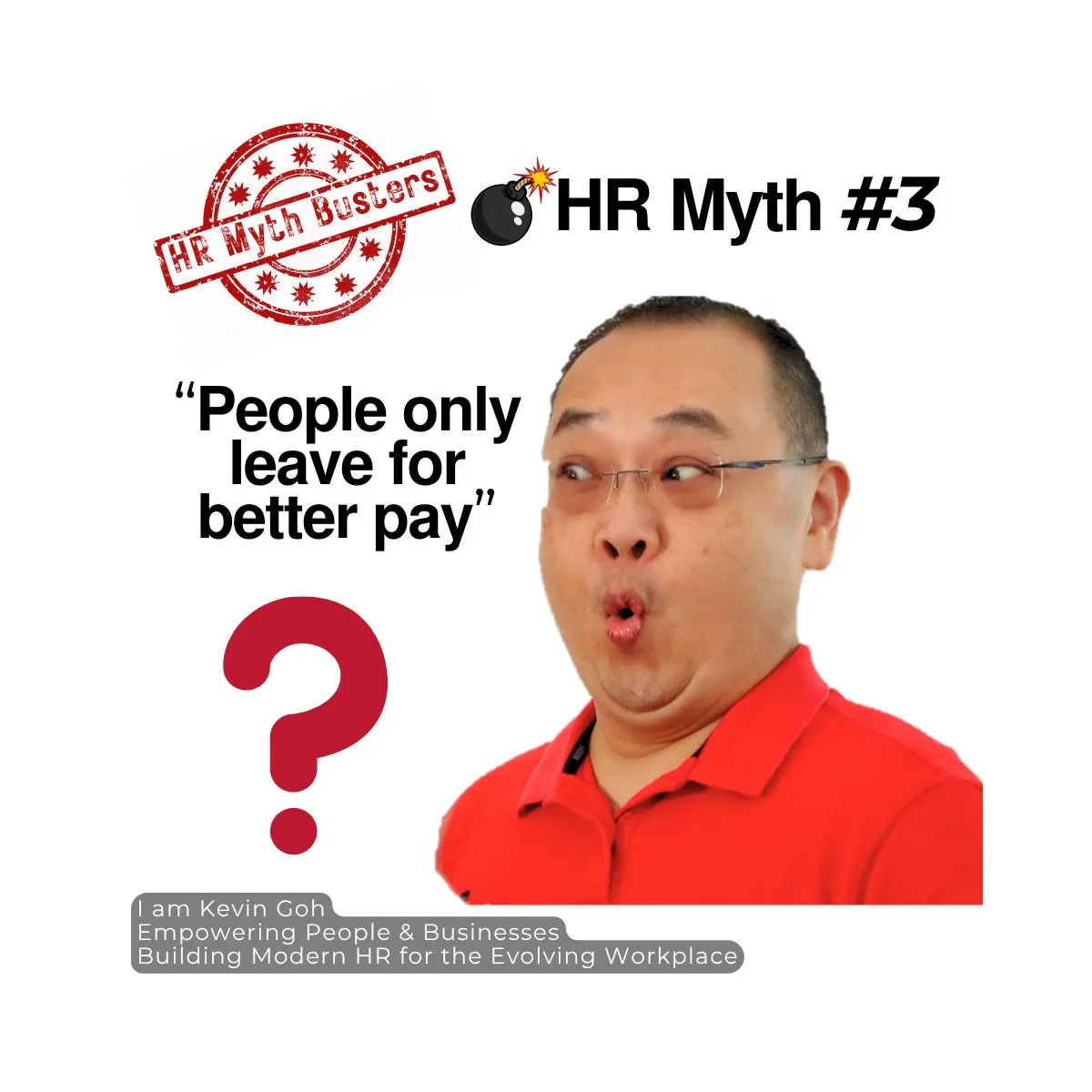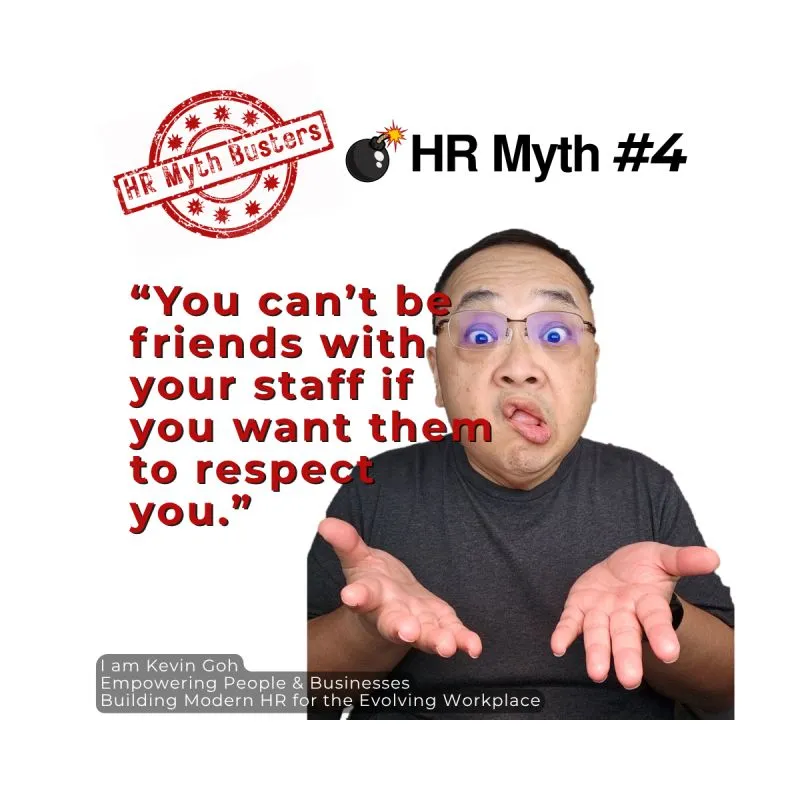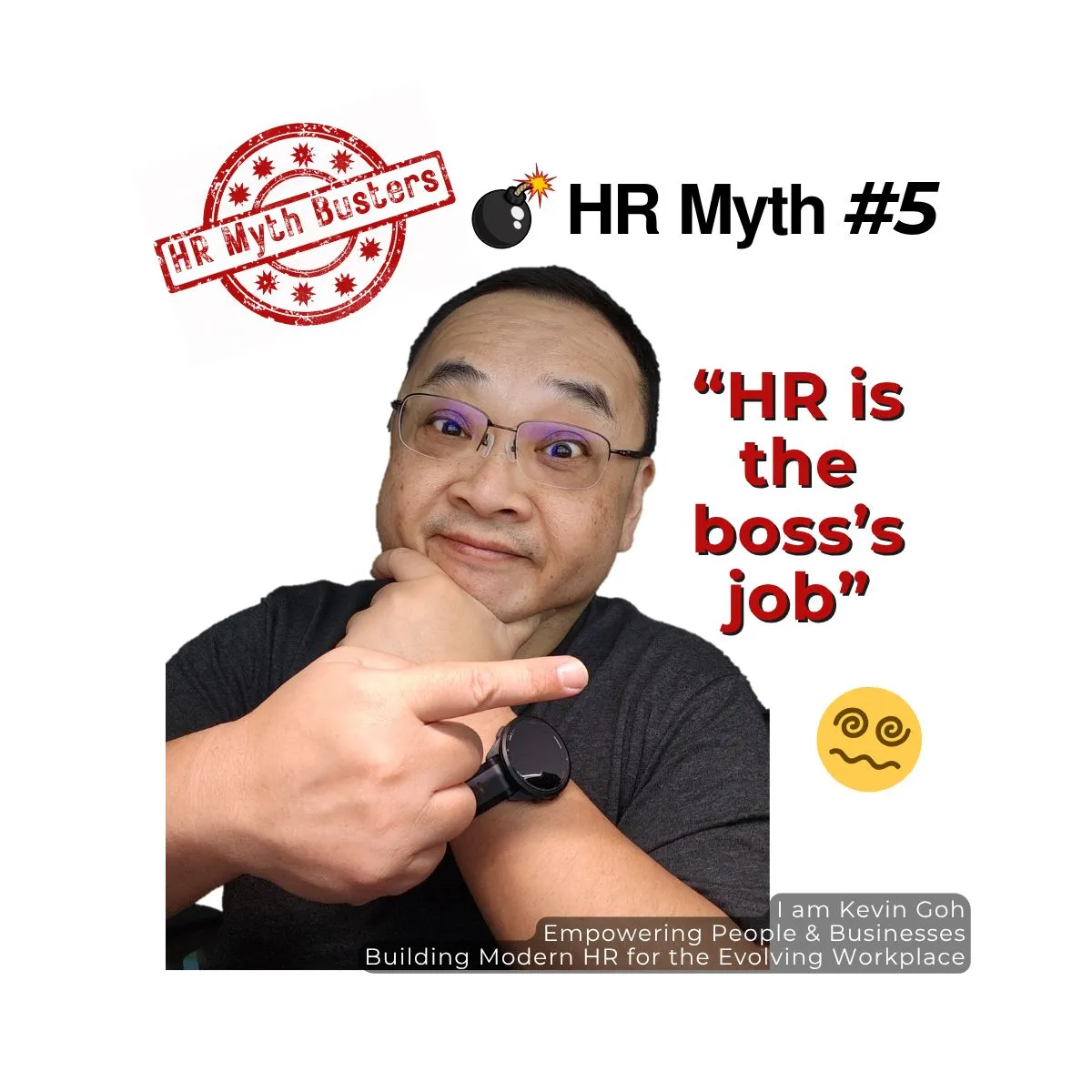Data Protection Officer (DPO) appointments will become mandatory in Malaysia starting 1st June 2025 for certain organizations, as outlined in the Personal Data Protection (Amendment) Act 2024 (#PDPA). This regulatory change marks a significant step in strengthening data governance and accountability, particularly as data privacy and security become central concerns for businesses of all sizes. The Data Protection Officer (DPO) will play a critical role in ensuring compliance with PDPA requirements, advising on data protection strategies, and serving as the point of contact for regulators and stakeholders.
For small and medium-sized enterprises (SMEs), this shift underscores the need to review and enhance their current data management practices. Many SMEs may not yet have formal data protection frameworks in place, making them more vulnerable to breaches, penalties, and reputational damage. By appointing a qualified DPO and implementing structured Data Loss Prevention (DLP) measures, businesses can better safeguard customer information, maintain regulatory compliance, and build trust with clients and partners.
With cyber threats on the rise and enforcement tightening, proactive data protection is no longer optional—it’s a business necessity. SMEs should begin preparing now by identifying sensitive data, assessing risks, training staff, and investing in tools that support secure data handling. The Data Protection Officer (DPO) will be instrumental in driving these efforts and fostering a culture of privacy and accountability throughout the organization.
Why you should consider appointing a Data Protection Officer (DPO) ?
📌 #Compliance readiness
A Data Protection Officer (DPO) ensures you’re aligned with PDPA requirements and avoids costly penalties.

With the PDPA Amendment Act 2024 taking effect on 1st June 2025, having a Data Protection Officer (DPO) is no longer optional for many Malaysian businesses. A DPO plays a crucial role in ensuring your organization complies with all legal obligations under the PDPA, helping you avoid enforcement actions, penalties, or reputational damage due to non-compliance.
The DPO keeps your business updated on regulatory changes and ensures internal practices are aligned with data protection requirements. This includes reviewing contracts, managing consent processes, and maintaining records of processing activities—essential for audits or regulatory inspections.
🔍 Data audit & #oversight
Keeps track of how personal data is collected, stored, and processed.

A DPO provides much-needed oversight of your organization’s personal data handling processes. They conduct regular audits to map out where data is stored, how it flows across systems, and whether it’s being used according to lawful and transparent purposes.
This structured oversight helps uncover gaps, reduce the risk of data breaches, and establish accountability across departments. It ensures your business can answer key questions like: Who has access to the data? Is it adequately secured? Is it being retained longer than necessary?
🧑🏫 Training & #awareness
Educates your team on data privacy best practices.

One of the most overlooked aspects of data protection is employee awareness. A DPO helps bridge this gap by organizing training sessions and workshops that educate your staff on privacy principles, secure data handling, and the importance of compliance.
Through tailored training programs, the DPO cultivates a culture of privacy within the organization. This reduces the likelihood of human error, one of the most common causes of data breaches, and empowers employees to act responsibly when handling sensitive information.
⚖️ Handling complaints
Acts as the go-to person when customers or employees raise concerns about data use.

As public awareness of data rights grows, so do complaints and inquiries from customers and employees. A DPO acts as the primary point of contact for data-related concerns, ensuring that complaints are addressed fairly, promptly, and in accordance with PDPA guidelines.
Having a DPO in place streamlines the resolution process and builds trust with stakeholders. It shows that your organization takes data protection seriously and is prepared to respond transparently and professionally when concerns arise.
📂 Policy development
Helps craft clear, practical data protection policies and SOPs.

The DPO plays a central role in drafting and implementing data protection policies and standard operating procedures (SOPs). These documents provide employees with clear guidelines on how to manage personal data responsibly and consistently across the business.
Well-crafted policies not only support compliance but also establish a strong foundation for secure and ethical data practices. The DPO ensures that these policies remain up to date, practical, and relevant as your business evolves or as new risks emerge.
💡 Who can be a DPO?
Contrary to common belief, a Data Protection Officer doesn’t have to be a lawyer or an IT professional. The role can be filled by any competent employee within the organization, provided they have a solid understanding of the Personal Data Protection Act (PDPA) and the ability to manage its requirements effectively. What matters most is that the DPO is familiar with data protection principles, regulatory obligations, and the operational structure of the business.
The individual must be capable of overseeing data governance, advising on compliance, conducting internal audits, managing data incidents, and serving as the main point of contact with regulatory authorities. While technical or legal knowledge can be advantageous, it is not mandatory—what’s essential is proper training, independence in their role, and access to necessary resources. Organizations may also choose to outsource the DPO function to an external consultant if internal capacity is limited, especially among SMEs.
💖 And here’s the thing, it can be #outsourced too.
☢️Don’t wait for a #databreach to act! Start now and strengthen your business reputation with good data governance.
💻Need help setting up your PDPA policies or need a DPO-aaS?
#DataProtectionOfficer #CyberSecurity #DataPrivacy #MalaysiaBusiness #DPOasAservice
We are StarBPO Malaysia, we support Business Transformation of SMEs and Large Businesses.





















